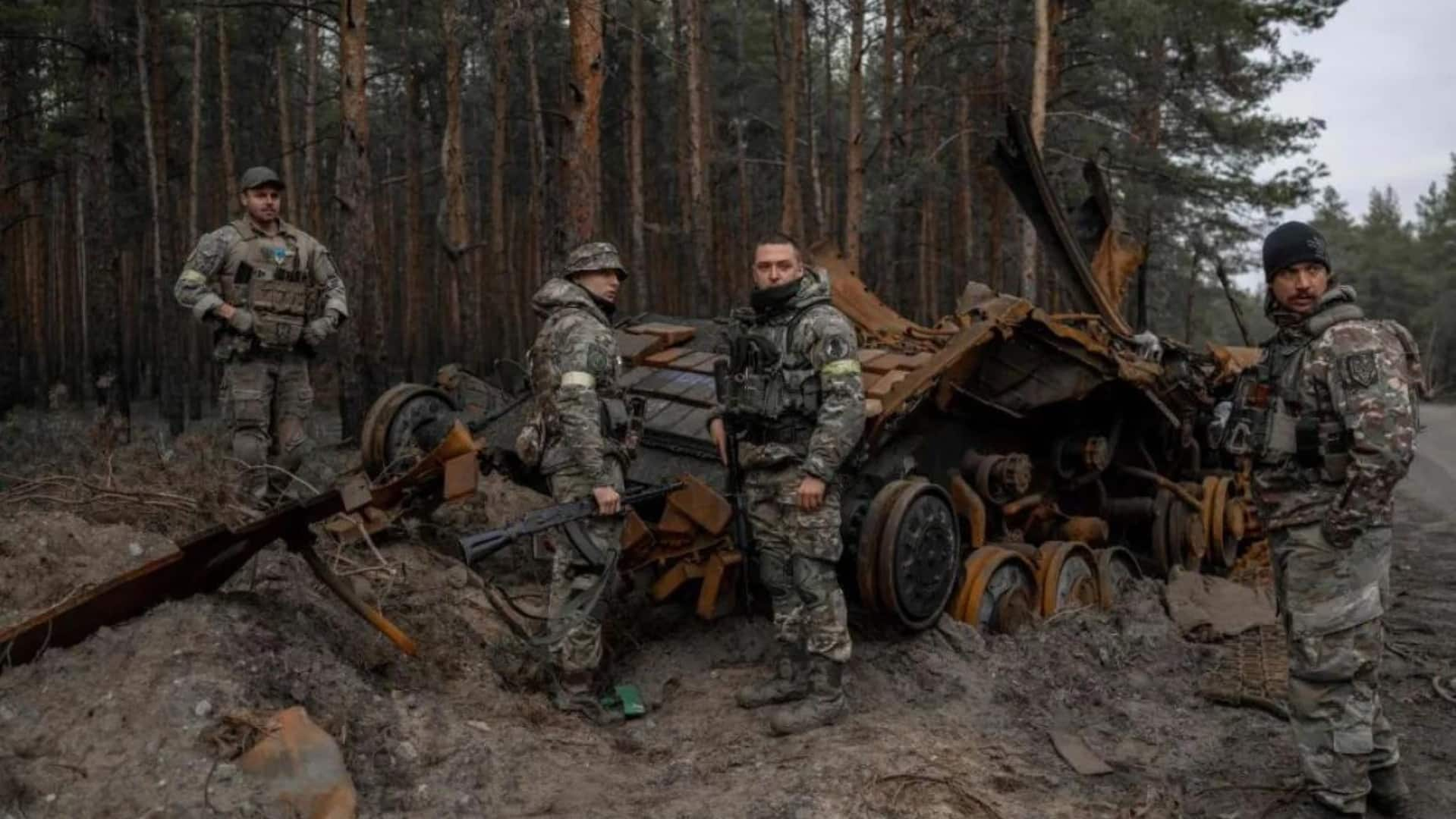
Russia’s invasion of Ukraine more than eight months ago has killed tens of thousands of civilians, left the country’s power grid in ruins, displaced millions and exacerbated rising food and fuel prices.
But a small group of nations have found financial and geopolitical benefits in the ashes of the carnage, sanctions and economic dislocation.
Beneficiaries, in many cases, hold no responsibility for the violence; their gains are linked to geography, energy exports or unique diplomatic confluence.
For others, Russia’s onslaught has been a chance to reassert their political clout and actively reap economic rewards. Countries and companies in the energy business have arguably been among the biggest beneficiaries, as the war has helped push oil and natural gas prices to near-record highs.
“Economies reliant on oil imports will see wider fiscal and trade deficits and more inflation pressure,” economists with the International Monetary Fund noted earlier this year, “though some exporters such as those in the Middle East and Africa may benefit from higher prices.”
From the yacht marinas of Dubai to diplomatic corridors in Ankara and the oilfields of Saudi Arabia, these are some beneficiaries as the war drags on into winter and the death toll climbs.
As the war in Ukraine continues, the Kremlin says all of its equipment and troops have been moved out of Kherson. This retreat adds to Ukraine’s criticism of Russian troops with Ukraine MP Oleksiy Goncharenko saying in part ” Russia lost this war.”
United Arab Emirates
With its opulent hotels, marinas and desert golf courses, the United Arab Emirates has seen a big bump in Russian tourism and investment since the invasion of Ukraine began on Feb. 24.
Oligarchs who once moored their yachts on Italy’s Amalfi Coast, partied in U.K. nightclubs or bought homes worth tens of millions of dollars in what critics dubbed “Londongrad” have relocated to the U.A.E. in the face of Western sanctions, according to analysts and property brokers.
Russians have become the top buyers of property in Dubai, the best known of the seven Emirates comprising the U.A.E., according to a report released last month from the property consultancy Betterhomes.
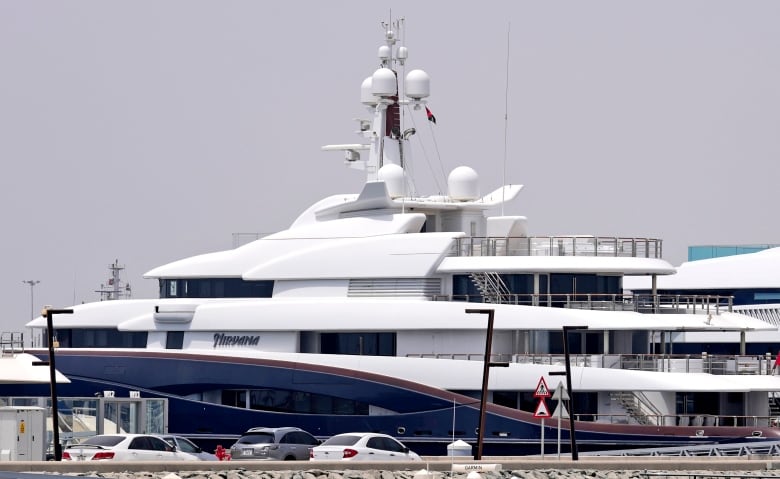
“Global conflicts,” the Betterhomes report said, “have placed Russians at the top of our leaderboard as the number one non-resident buyers in Dubai.”
With half of apartments in the city changing hands in all-cash deals, the consultancy found, Dubai offers a perfect laundering opportunity for wealthy buyers frozen out of traditional banks by Western sanctions.
As European and U.S. airlines suspended service to Russia, Emirates, one of the U.A.E.’s main carriers, continues operating 17 weekly flights between Moscow and Dubai.
The U.A.E., a major oil producer, has also benefited from a boost in energy prices due to the war. And its financial system, considered by Western critics to be a prime hub for money laundering, has allowed wealthy Russians to bypass European and U.S. sanctions.
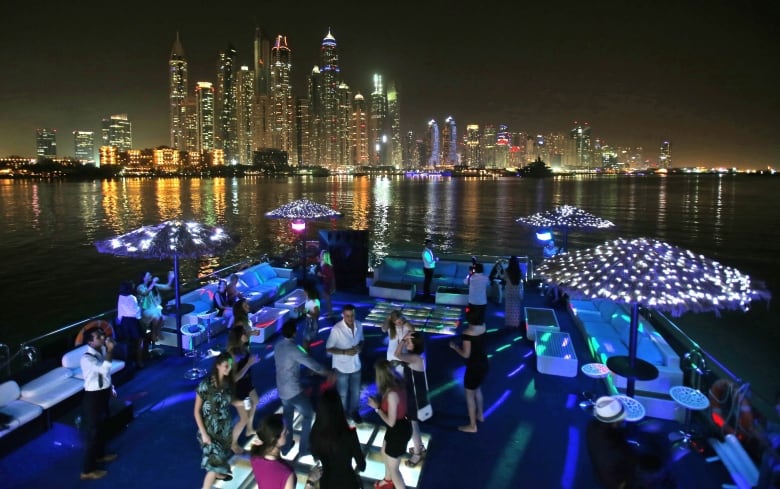
Turkey
Turkish President Recep Tayyip Erdogan has positioned himself as a mediator between Vladimir Putin’s Russia and his erstwhile NATO allies in the West, reaping economic rewards in the process.
Turkey has refused to join other members of the North Atlantic Treaty Organization in sanctioning Russia. Instead, Ankara helped broker deals with Moscow to allow Ukraine to export its grain, potentially easing an ongoing food crisis for the world’s poorest.
Long a popular sand and sun destination, four million Russians vacationed in Turkey in the first nine months of this year, according to data cited by the Carnegie Endowment for International Peace — and that trend is expected to intensify as Russian tourists lose access to European destinations.
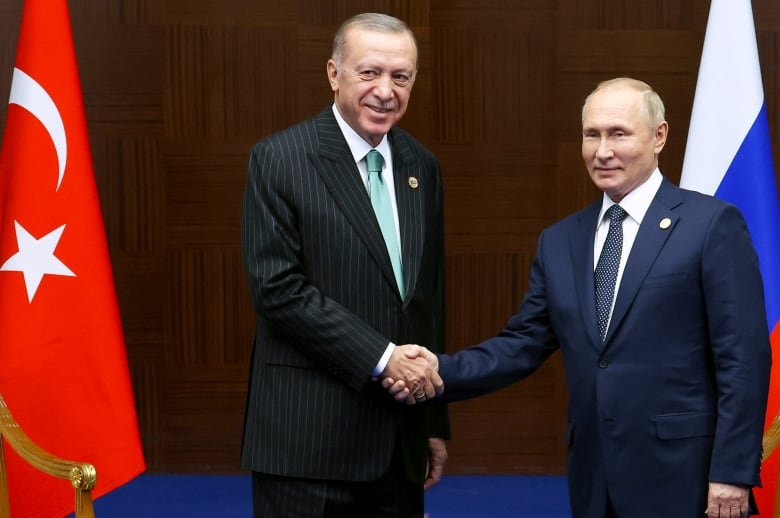
Turkey has also become an export and import conduit for Russian trade, as Moscow is cut off from its traditional suppliers in Europe.
“The trade turnover between Russia and Turkey doubled in the first nine months of this year from the year before to reach $47 billion,” Alexandra Prokopenko, an analyst working with the Carnegie Endowment for International Peace, noted on Nov. 8..
“Turkey may well have become one of Russia’s top three trading partners.”
With Sweden and Finland keen to join NATO in light of Russia’s aggression, Turkey has exercised its veto power on new members joining the security alliance, demanding that Stockholm and Helsinki crack down on Kurdish activists operating from their territory whom Ankara considers a security threat.
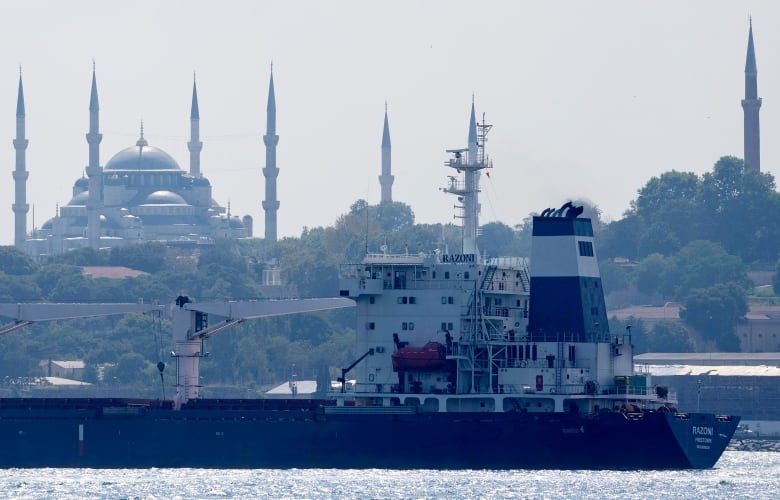
Venezuela
The war in Ukraine has helped Venezuelan President Nicolas Maduro rekindle ties with old enemies.
Considered an unelected usurper by both Ottawa and Washington — who have gone so far as to recognize a rival politician as Venezuela’s rightful leader — U.S. officials now seem to want to bring Caracas back into their fold.
Venezuela controls the world’s largest oil reserves, according to the U.S. Energy Information Administration, and American energy companies and policy-makers are keen to rebuild its production to help bring down world prices.
Caracas and Washington recently negotiated a high-profile prisoner swap, freeing seven Americans and two nephews of Maduro’s wife who had been jailed in the U.S. on drug charges.
With U.S. oil companies, particularly Chevron, keen to start tapping more of Venezuela’s crude, the two sides have discussed easing sanctions and other rapprochement.
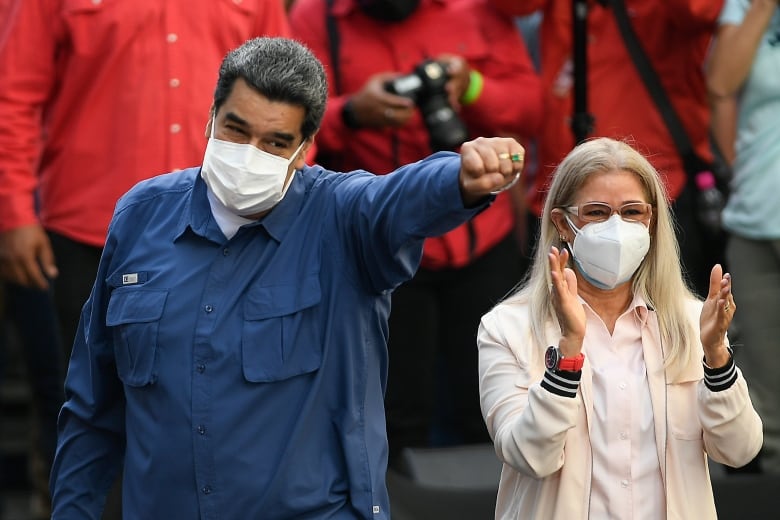
Saudi Arabia
On the campaign trail in 2020, Joe Biden promised to make Saudi Arabia’s Crown Prince, Mohammed bin Salman (MBS), a “pariah” after a squad of hitmen — allegedly on orders from the young royal — murdered and dismembered journalist Jamal Khashoggi with a bone saw.
That tough talk, however, didn’t stop the U.S. president from flying to Riyadh in July for a fist-bump photo-op to ask MBS to boost oil production ahead of this month’s midterm elections.
Flexing its petrol-fuelled muscles, Saudi Arabia did the opposite. According to U.S. officials, it steered OPEC+, the Organization of the Petroleum Exporting Countries, to cut production in October — leading to higher prices and an accelerating financial windfall for the kingdom.
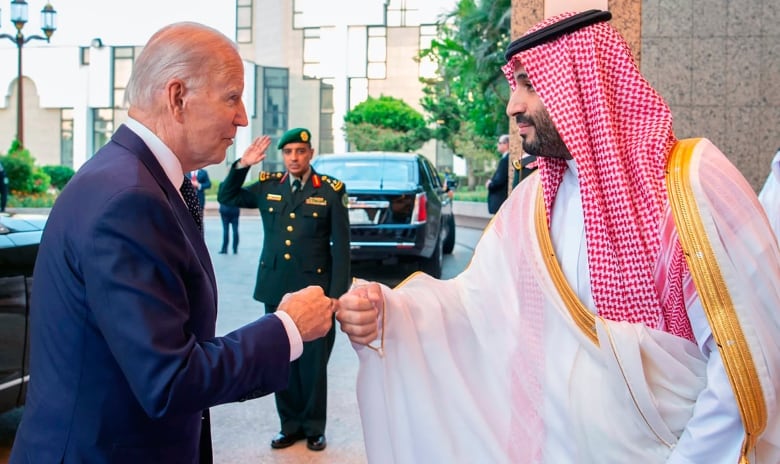
Oil exporters in the Middle East, including Saudi Arabia and the U.A.E., are expected to see more than $1 trillion US in additional oil revenue in the next four years, according to data from the International Monetary Fund released in August, compared with what was expected had Russia not invaded Ukraine.
“Russia’s war in Ukraine, combined with inflation at home, have contributed to a steep rise in energy prices, thus renewing attention on Saudi Arabia as one of the world’s top oil producers, and the only one to have a significant capacity to increase production quickly,” noted a report from the Council on Foreign Relations, a U.S.-based think-tank.
Saudi Arabia has maintained cordial relations with Russia throughout the war in Ukraine, analysts said.
High oil prices from the war have also allowed the kingdom to increase pressure on Washington as a player to be taken seriously, analysts said, despite its poor human rights record and contribution to climate change.
